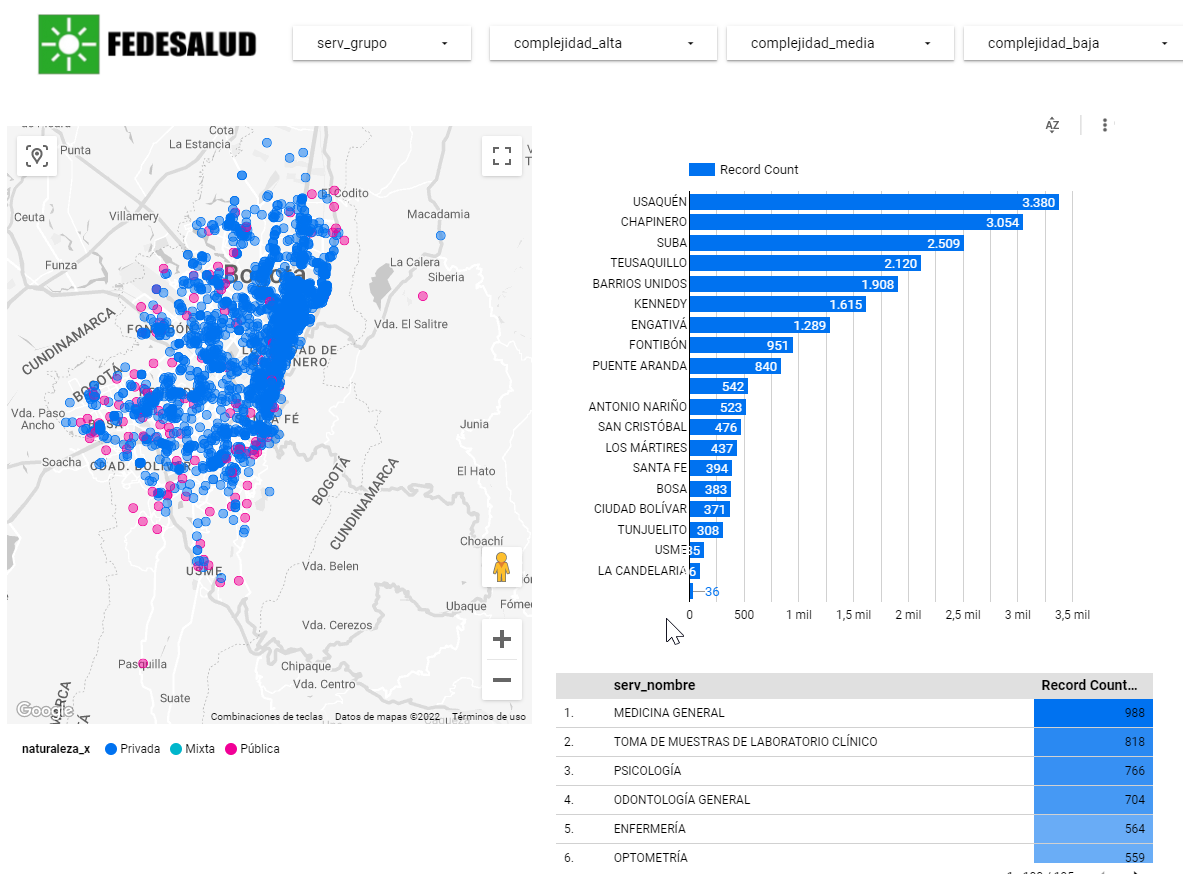Retraso en el diagnóstico COVID-19 en población de 60 años y más: Colombia y México
Delay in the diagnosis of COVID-19 in the population aged 60 and over: Colombia and Mexico Abstract The purpose was to analyze the times between the presentation of symptoms and care in the indigenous and non-indigenous population aged 60 years and over in Colombia and Mexico during the period from March to October 2020. A retrospective cross-sectional study was carried out, a total of 2011228 cases, the information was obtained from open and anonymous sources arranged by the government of each country. It was found that, in Mexico, the longest delay in care was for deceased indigenous people over 60 years of age (5.13 days) and in Colombia it was for the group of deceased indigenous people under 60 years of age (12.06 days). In both countries, the highest mortality occurred in indigenous people aged 60 and over. In Mexico, the highest disparity was in older indigenous women (31.14%) versus non-indigenous (26.23%); in Colombia, it was in older indigenous men (28.31%) versus non-indigenous (24.34%). Logistic regression found that the variables of age, ethnicity, and time between symptoms and diagnosis explain around 30% of the variance of mortality (R2 of Nagelkerke .308). It was concluded that, during the first seven months…

